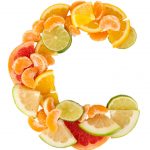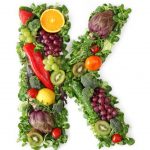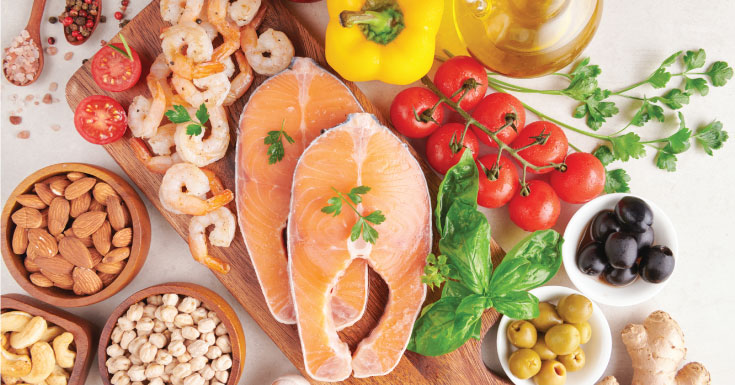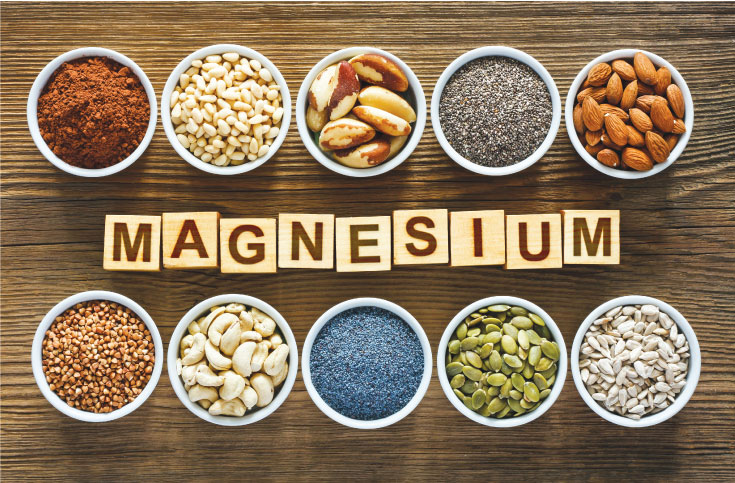Every child needs vitamins for healthy growth and development. Fortunately, most kids have no issues getting all the nutrients they need when they eat a well-balanced diet. In this article by Dr Sharmini Pillay Datuk Sivaraman, General Paediatrician at Pantai Hospital Ayer Keroh, she discusses the essential vitamins for kids and how to ensure they get the vitamins they need.
Growth and development are an essential part of a child’s life. Every parent or caregiver would love to have their child living up to their full potential of their growth and development. Proper intake of nutrients plays a significant role in moulding the growth and development of a child. Ideally, children get a major portion of their nutrition from a balanced and healthy meal.
The prevalence of malnutrition is staggering globally. The World Health Organization’s (WHO) database indicates that 2.3 billion people suffer from malnutrition. Out of that, 149 million children under five years of age are categorised as too short for their age (stunted). Another 45 million children less than five years of age do not weigh enough in proportion to their height (wasted).
The Essential Vitamins and Minerals for Children
The essential vitamins required would be Vitamins A, B (especially B12), C, D, E, and K. Minerals like calcium, magnesium, phosphate, zinc, iron, fluoride, and iodine are also crucial. The most common deficiencies for children with no chronic illnesses are Vitamin D and Iron.
Vitamin D is a fat-soluble vitamin that promotes bone and tooth formation. Deficiency in infants and children usually presents with Rickets (bowing of legs). This vitamin is commonly deficient in premature babies and it is usually supplemented in the oral form (daily minimum requirement about 400 to 600 IU). Good food sources of Vitamin D would be milk and fatty fish like salmon and mackerel. The best source of Vitamin D is definitely sunlight, especially the morning sun.
The mineral that goes hand in hand with Vitamin D is calcium. Vitamin D helps with Calcium absorption. 99 per cent of calcium distribution in the body is in the bones and teeth. Good food sources for calcium would be milk, cheese, yoghurt, tofu and calcium fortified orange juice. The Recommended Dietary Allowance of milk in a child is about 3 to 4 cups daily; for infants, 5 to 6 ounces about 4 times a day. In severe deficiencies, the paediatrician would supplement with oral calcium supplements.
Vitamin A is also a fat-soluble vitamin that is very important in preventing poor vision, dry eyes (xerophthalmia) and blindness. This vitamin also promotes hair and skin growth; most importantly, it is vital for good immune response against infections like diarrhoea, respiratory diseases and infectious diseases like measles. Dietary sources are usually sufficient. These include milk, cheese, eggs, and yellow to orange vegetables like carrots, yams and squash (pumpkin). A paediatrician would prescribe Vitamin A supplements if it is severely deficient in a child’s diet.
Vitamin B comprises B-1 (Thiamine), B-2 (Riboflavin), B-3 (Niacin), B-5, B-6 (pyridoxine), B-7, B-9 (Folic Acid) and B-12 (Cobalamin). These group of vitamins are very important to aid body metabolism, energy production, healthy circulatory and nervous system. A deficiency especially in vitamin B-12 component results in reduction of cognitive growth and causes developmental delay in children. Food rich in B-12 are meat, chicken, fish, nuts and in a lesser amount, eggs, milk, cheese, beans and soy-beans. Children on vegetarian diets would need B12 fortified food like cereals or bread spreads. Supplementation might be needed in rare circumstances.

Zinc is an important mineral that works hand in hand with Vitamin C and is responsible for good brain development and maintaining good immunity. Studies show that adequate zinc with adequate vitamin C reduced the incidence of diarrhoea and respiratory infections in children under five. Food that contains zinc would be legume, nuts, whole grain bread, meat, eggs and seafood. There are also supplements in the market specially formulated in syrup form that combine Vitamin C and Zinc. Please consult your paediatrician before getting them over the counter.
Iron is a mineral that is essential for cell metabolism and to produce healthy red blood cells. Iron deficiency (iron deficiency anaemia) occurs in infants who are formula and breast fed, especially after they start weaning to solid food at six months of age. This is primarily due to solely relying on milk as the staple diet instead of a balanced meal. Premature babies are liable to iron deficiencies as well. Iron-rich foods are beef, red meat, chicken liver, spinach, beans, beetroot and prunes. Supplementation with Syrup Ferrous would be given at the discretion of your paediatrician if needed. Vitamin C rich food or supplement is needed for good intestinal iron absorption.

As for vitamin E, it is an equally important antioxidant for good immunity and skin growth. Food rich in vitamin E would be almonds, peanuts, spinach and avocado.
Iodine is needed for formation of thyroid hormones and is the most preventable cause of low IQ and slow development in children. WHO estimates 31.5% of children globally have iodine deficiency. Food rich in iodine are mainly animal protein (beef liver and chicken), fish and other seafood, table salts (iodised ones), dairy, eggs and seaweed. Besides that, iodine is also found in fortified bread, cereals and milk.
As for fluoride, a good toothpaste with adequate fluoride is important to maintain good dental hygiene in children and prevent cavities, while phosphate is mainly found in dairy products, chicken and turkey. Magnesium-rich food such as soy products, dairy milk, legumes, nuts, whole-grain breads and cereals are also recommended.
When Do Kids Need Supplements?
One common question asked is which group of children need vitamin supplements and at what age to start them. In an ideal situation, a well-balanced meal is all that is necessary for most children born full-term with no existing medical conditions. Having said that, in this time and age where parents and caregivers are occupied with work, time constraints often get in the way of preparing a balanced meal for their children. In such a situation, the introduction of multivitamins may be necessary.
Usually, taking vitamin supplements would be recommended to the following group:
- Picky eaters whose growth parameters are not going according to the desired growth potential
- Premature babies
- Children with chronic illnesses, for example, respiratory problems (like asthma, frequent lung infections), immunodeficiency, malabsorption disorders and, amongst others, food or milk intolerance and allergy
- Children on a vegetarian diet for cultural or religious reasons (would need iron and vitamin B supplementation specifically)
The recommended age for starting vitamins has been advised for children after four years of age, but for the above-stated reasons, paediatricians may recommend the starting of multivitamins at an earlier age.
Too much of anything is bad, even with food, multivitamins and minerals – for instance, overconsuming vitamin supplements and minerals can also cause toxicity. Thus, it is important to strike a balance so that every child receives appropriate amounts of minerals and vitamins in their daily diet. Proper nutrition still wins over supplements, so consult your child’s nutritionist and paediatrician for the best outcome for your child.

General Paediatrician
Pantai Hospital Ayer Keroh



